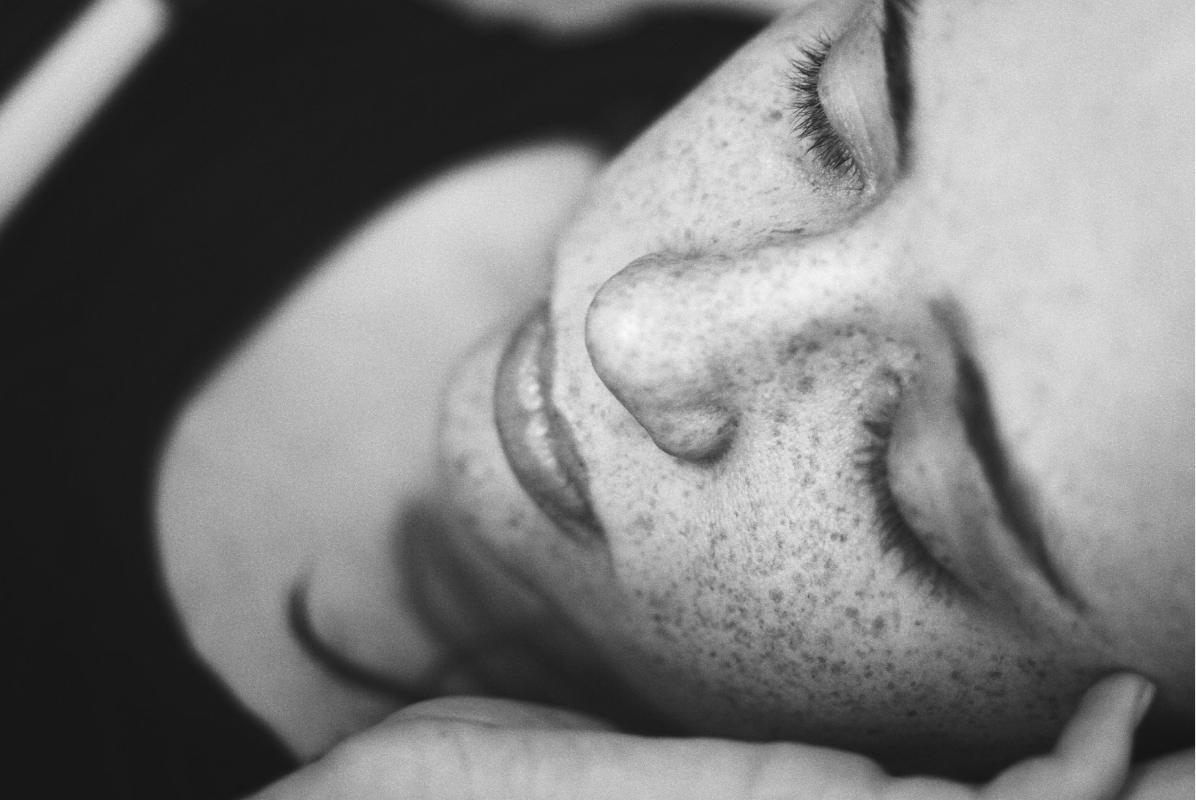Sleep issues
I treat a variety of sleep disorders including:
What is Insomnia?
Insomnia related to anxiety and depression.
Sleep problems often affect people who suffer from anxiety and/or depression. Getting less sleep can elevate the risk of having anxiety and depression and also worsen the symptoms you may be experiencing. Anxiety can also contribute to disrupted sleep in the form of insomnia or nightmares. In your personalised treatment program, we will look at all the factors that are impacting your relationship with sleep.
Insomnia is a common sleep disorder that can make it difficult to sleep. People with insomnia tend to:
- Have difficulty falling asleep
- Have difficulty maintaining their sleep
- Wake up multiple times in the night

What are the symptoms of Insomnia?
- Tiredness
- Exhaustion
- Irritability
- Irritability
- Mood disturbances
- Not feeling refreshed when you wake up
- Difficulty concentrating
What are nightmares?
- Disturbed dreaming with repeated awakening
- Associated with daytime distress/functional impairments and/or sleep disruption
- Little or no confusion or disorientation upon awakening
- Typically originate in late night REM sleep
Sleep Paralysis
Sleep paralysis generally happens just after falling asleep or as you are waking up.
During sleep paralysis you may feel awake but you cannot move, speak or open your eyes.
Although it may be scary, it is harmless.
Women
Research shows that sleep problems are more common as women enter the perimenopause and menopause.
The hormones estrogen and testosterone both have important effects on your brain, including helping the quality and duration of sleep.
Non-Rem Parasomnias
Non-Rem Parasomnias, or arousal disorders are common in adults. They are generally seen as unwanted behaviours and experiences associated with sleep.
These can be quite distressing and therefore have a significant impact on peoples quality of life.
Types of Non-Rem Parasomnias
- Sleep walking
- Night Terrors